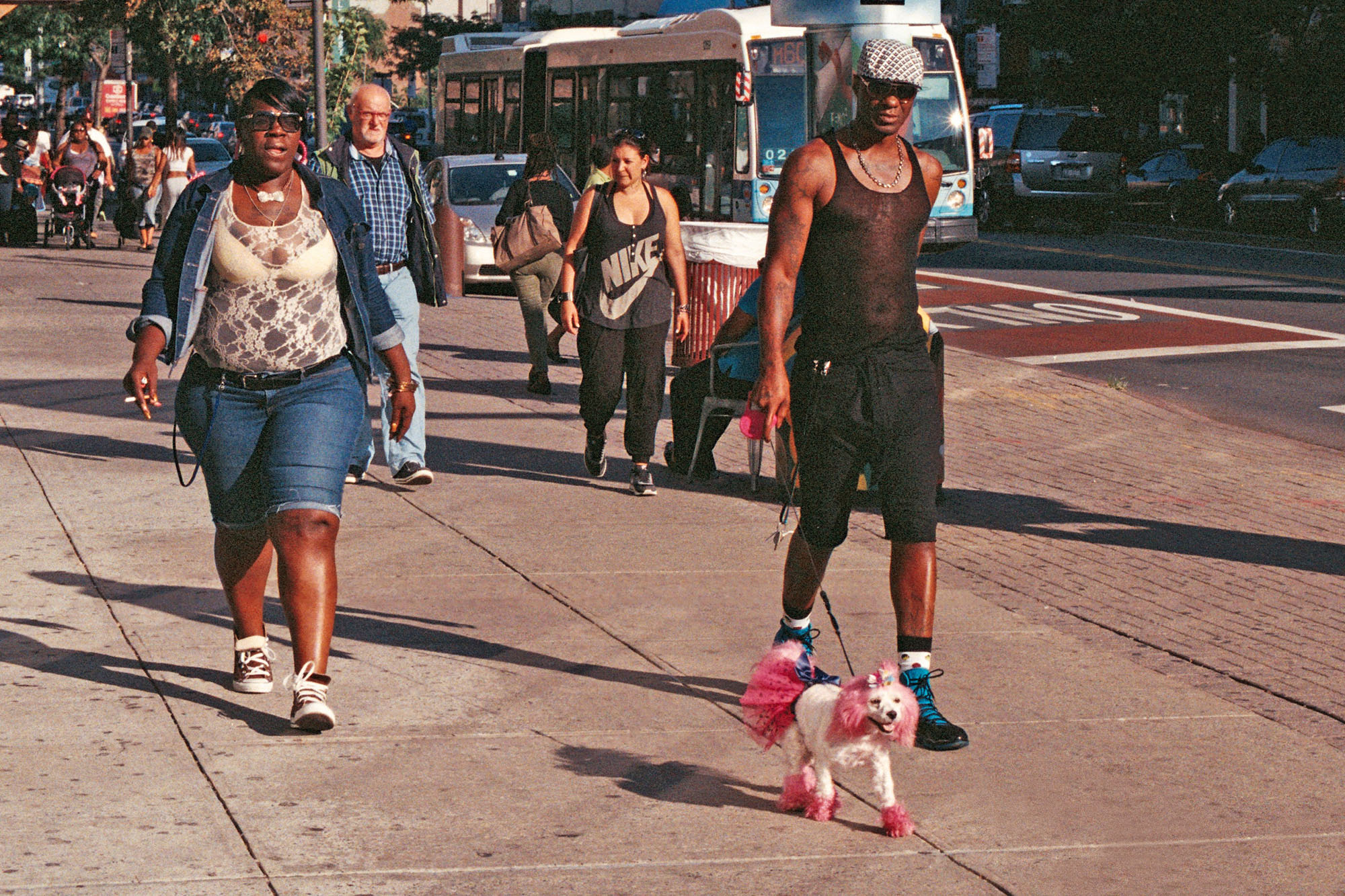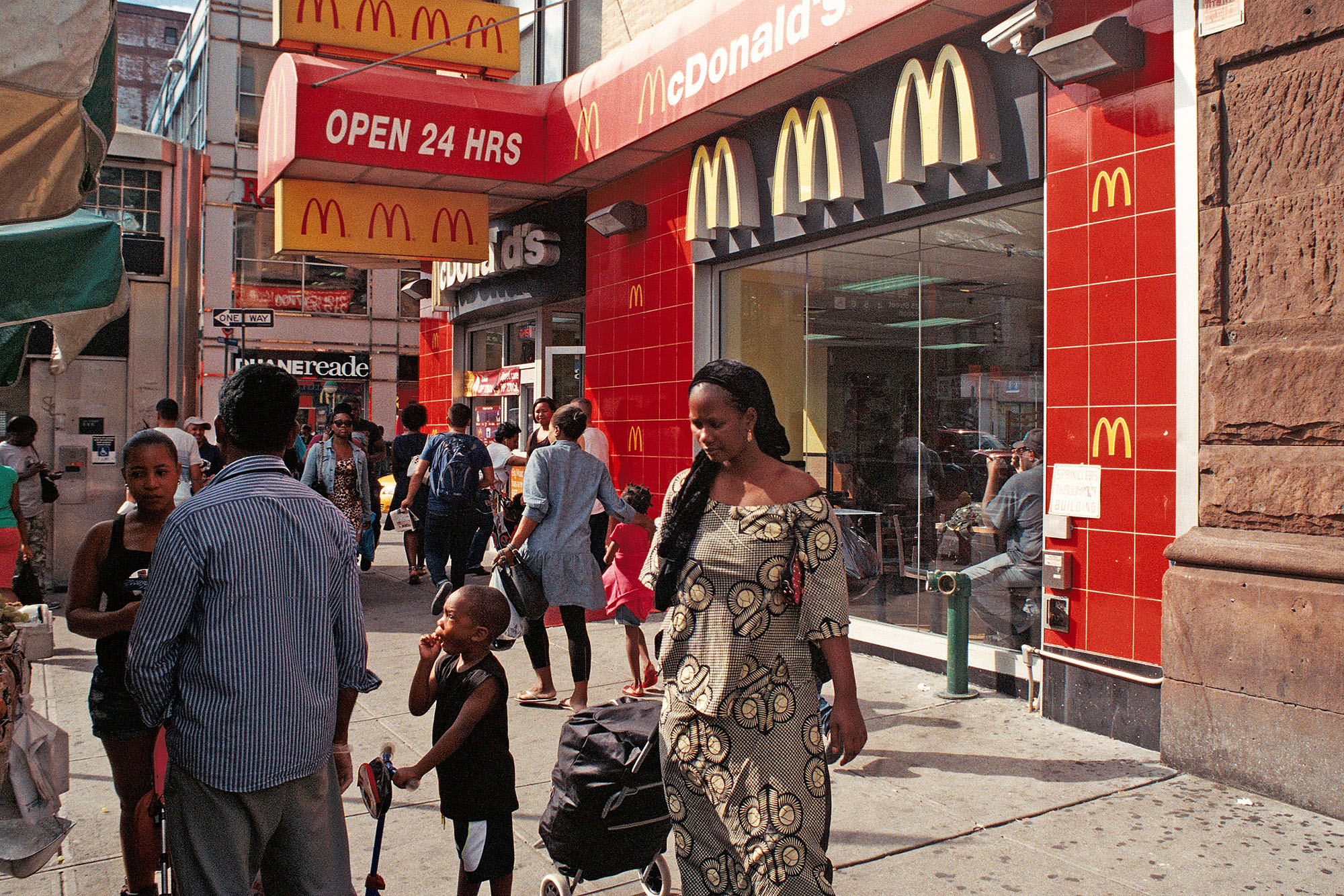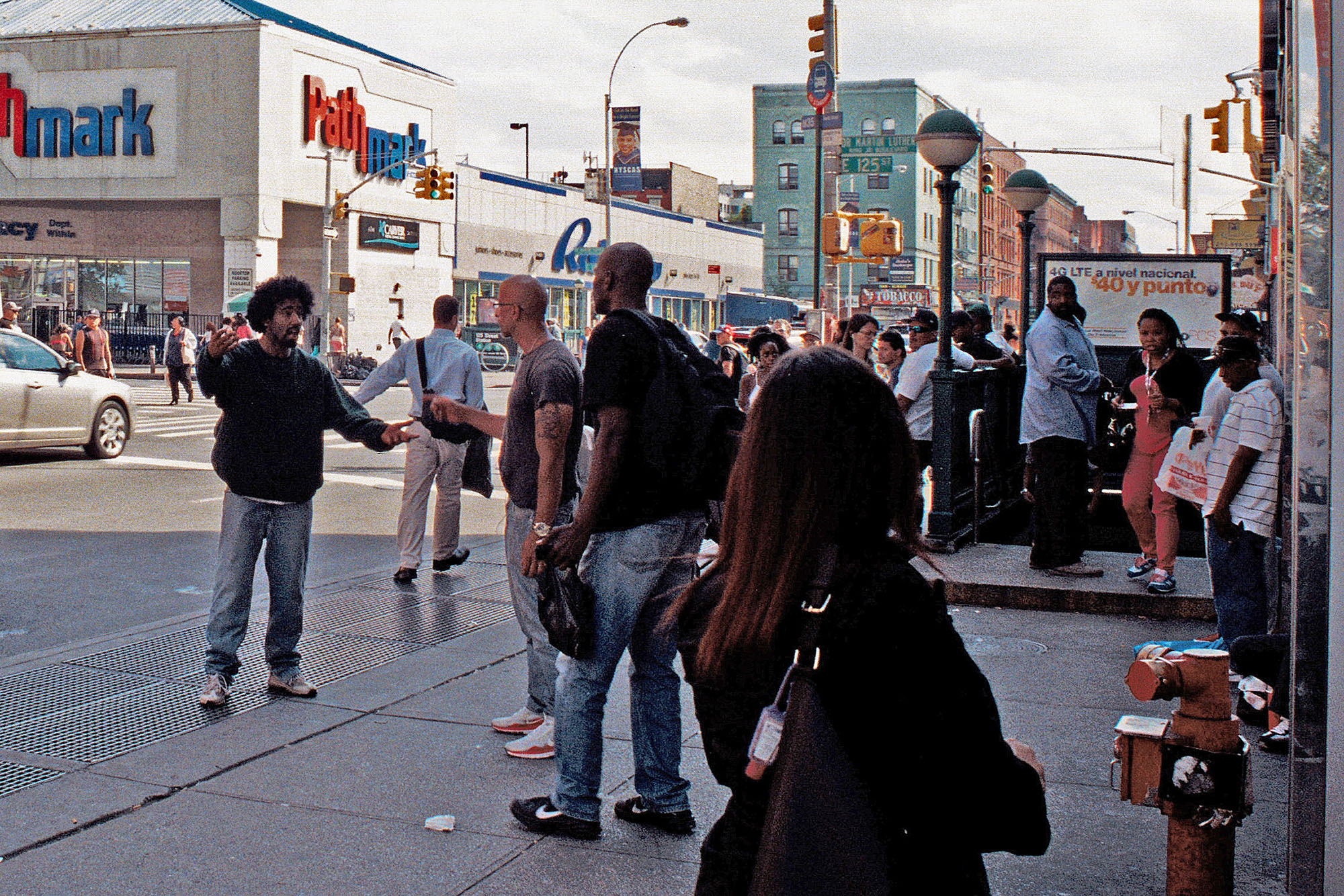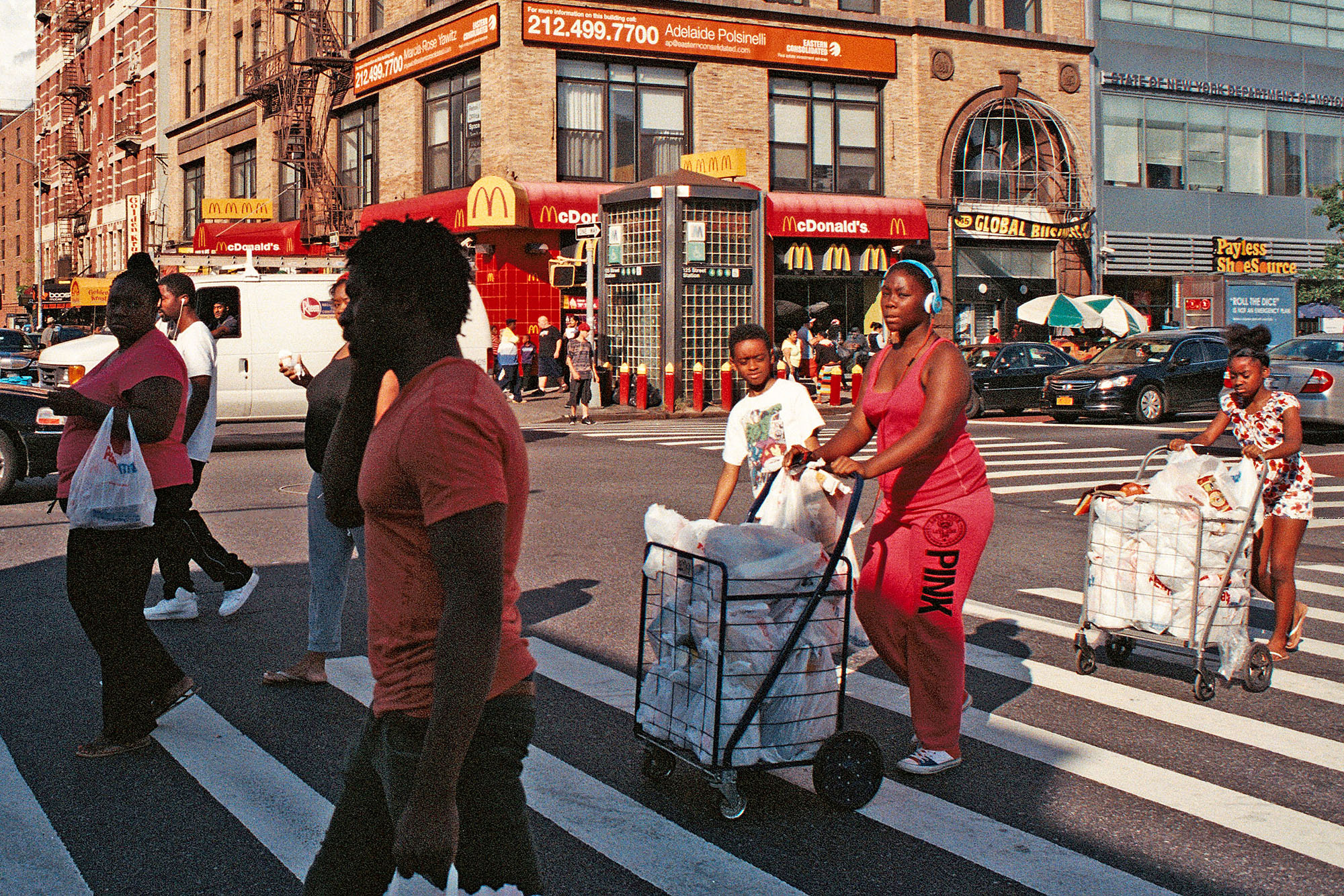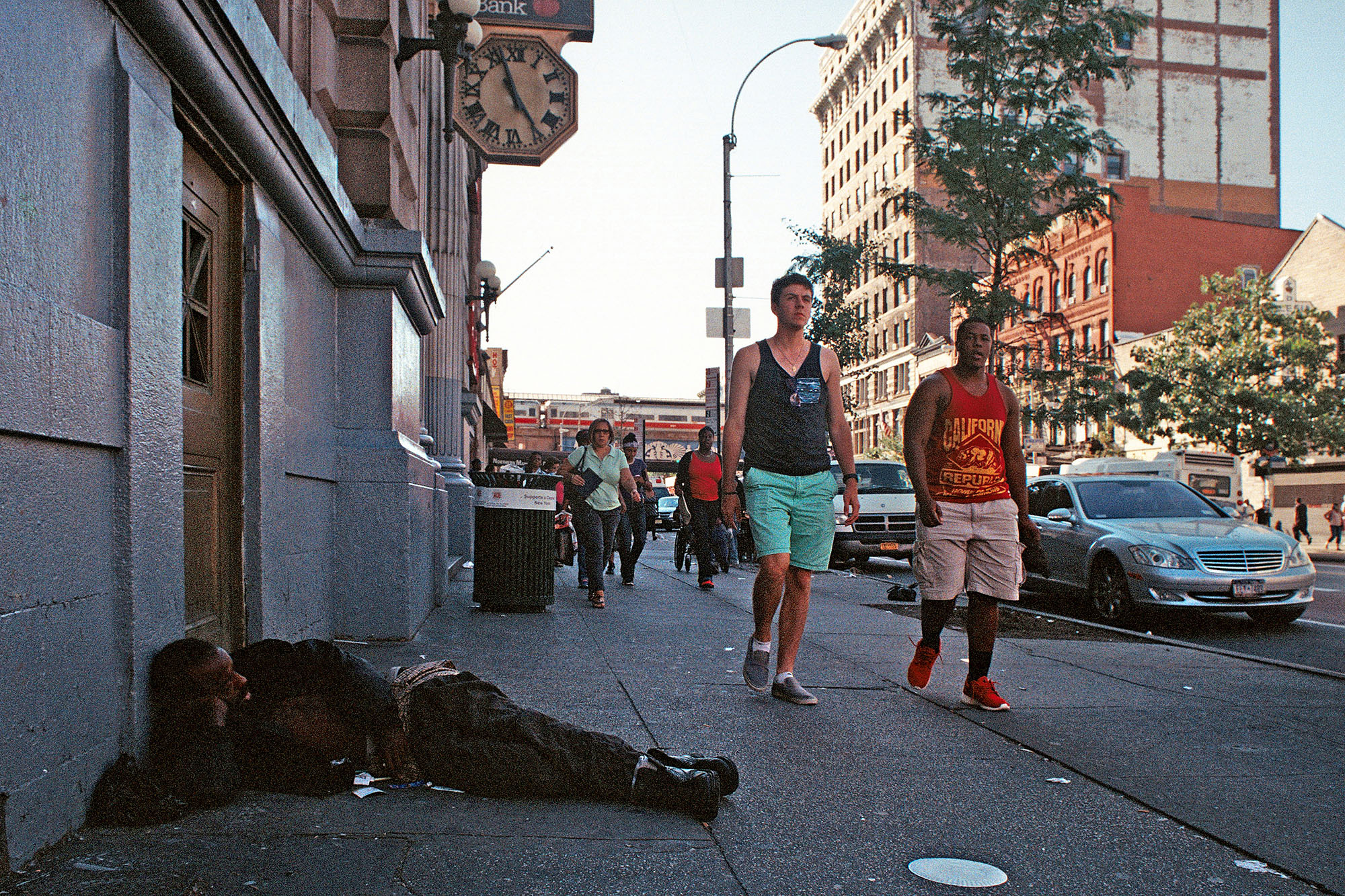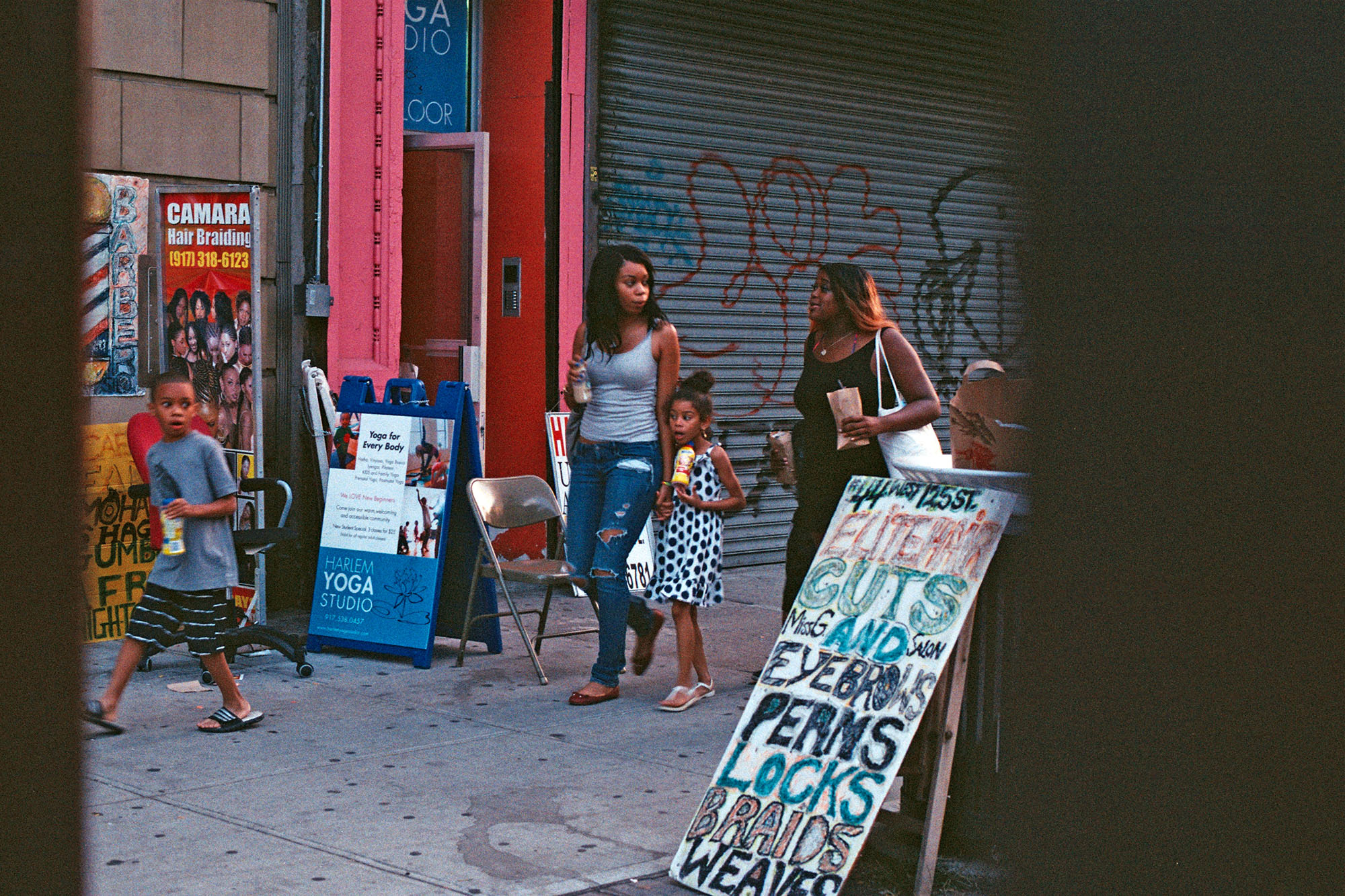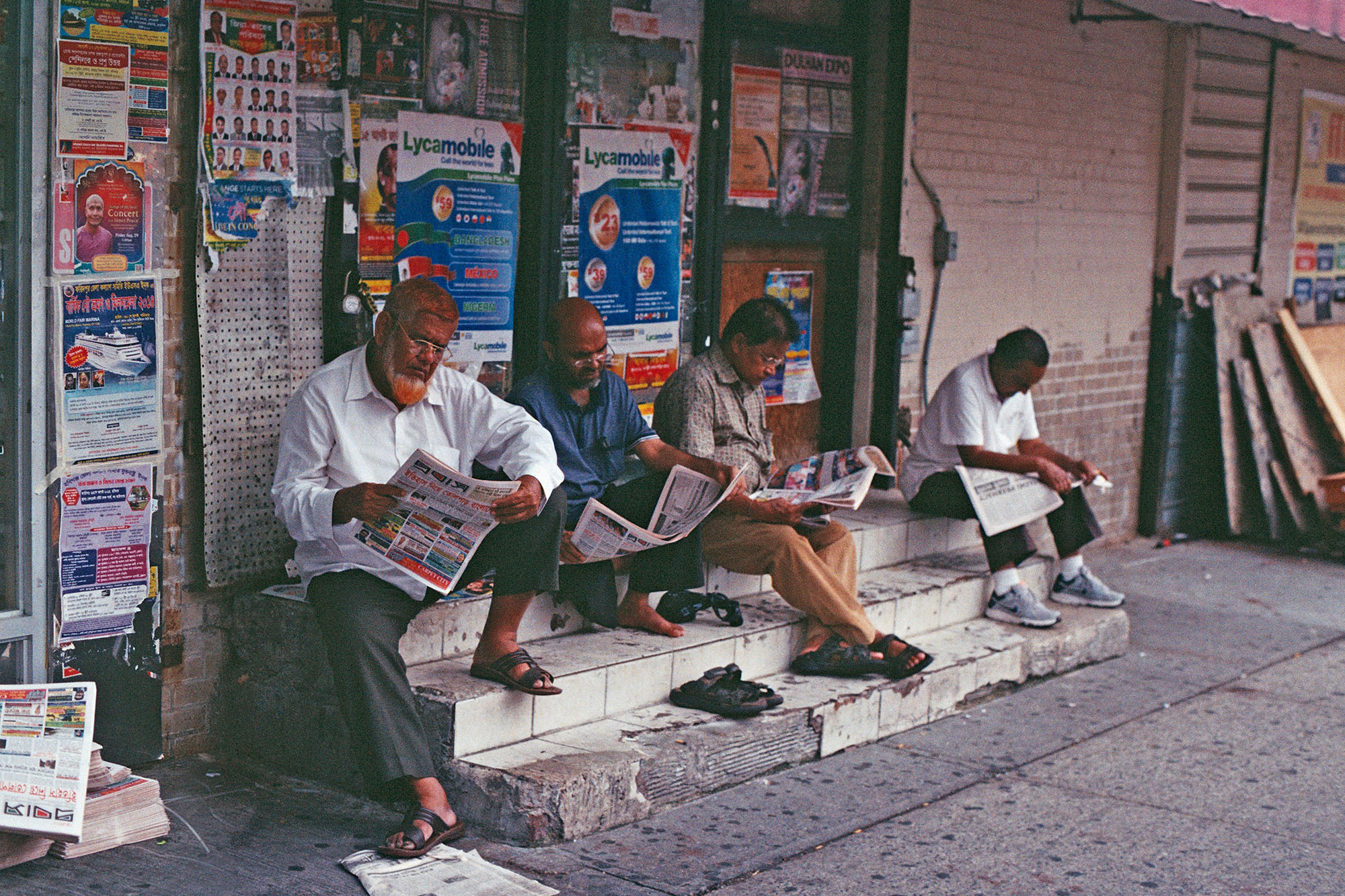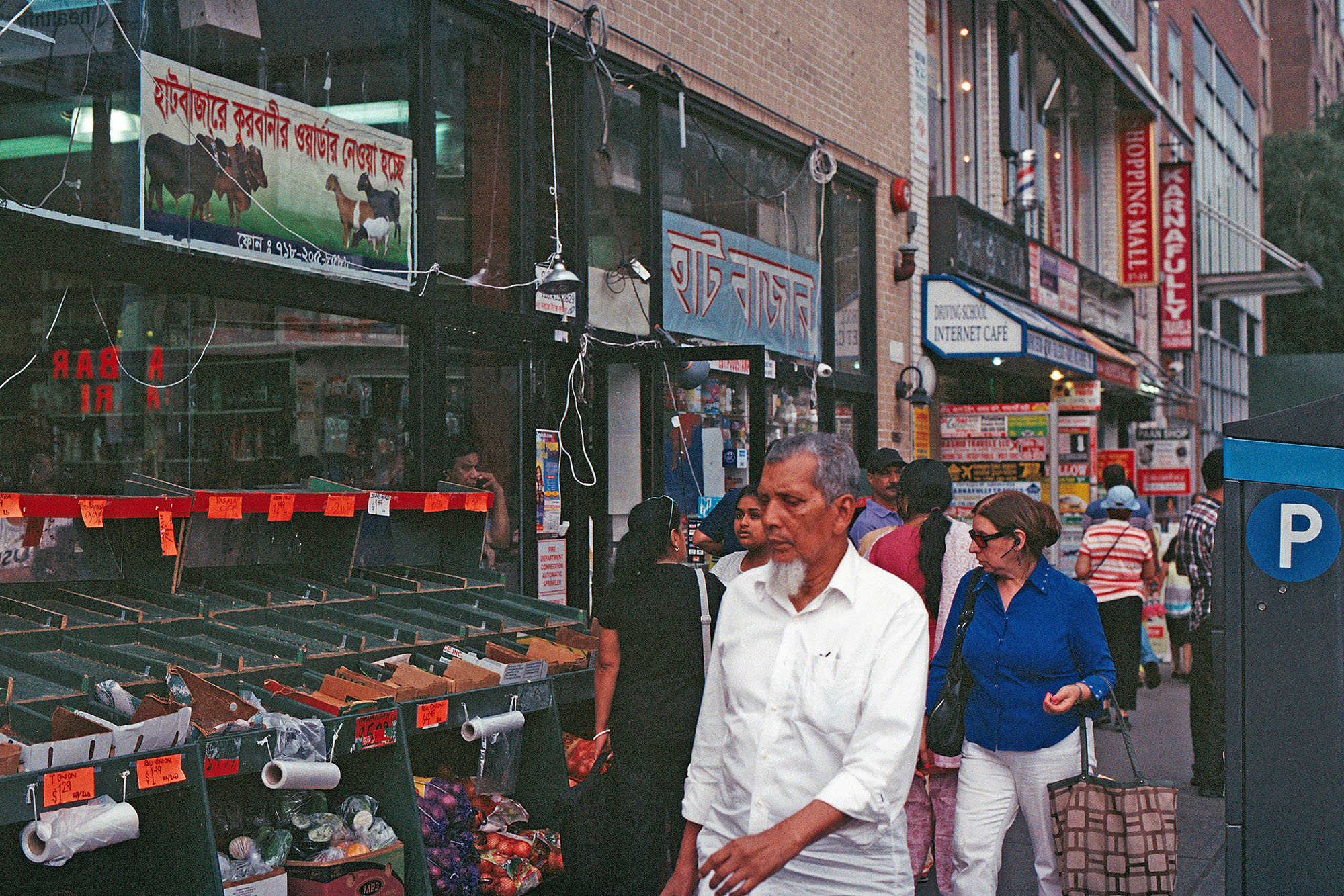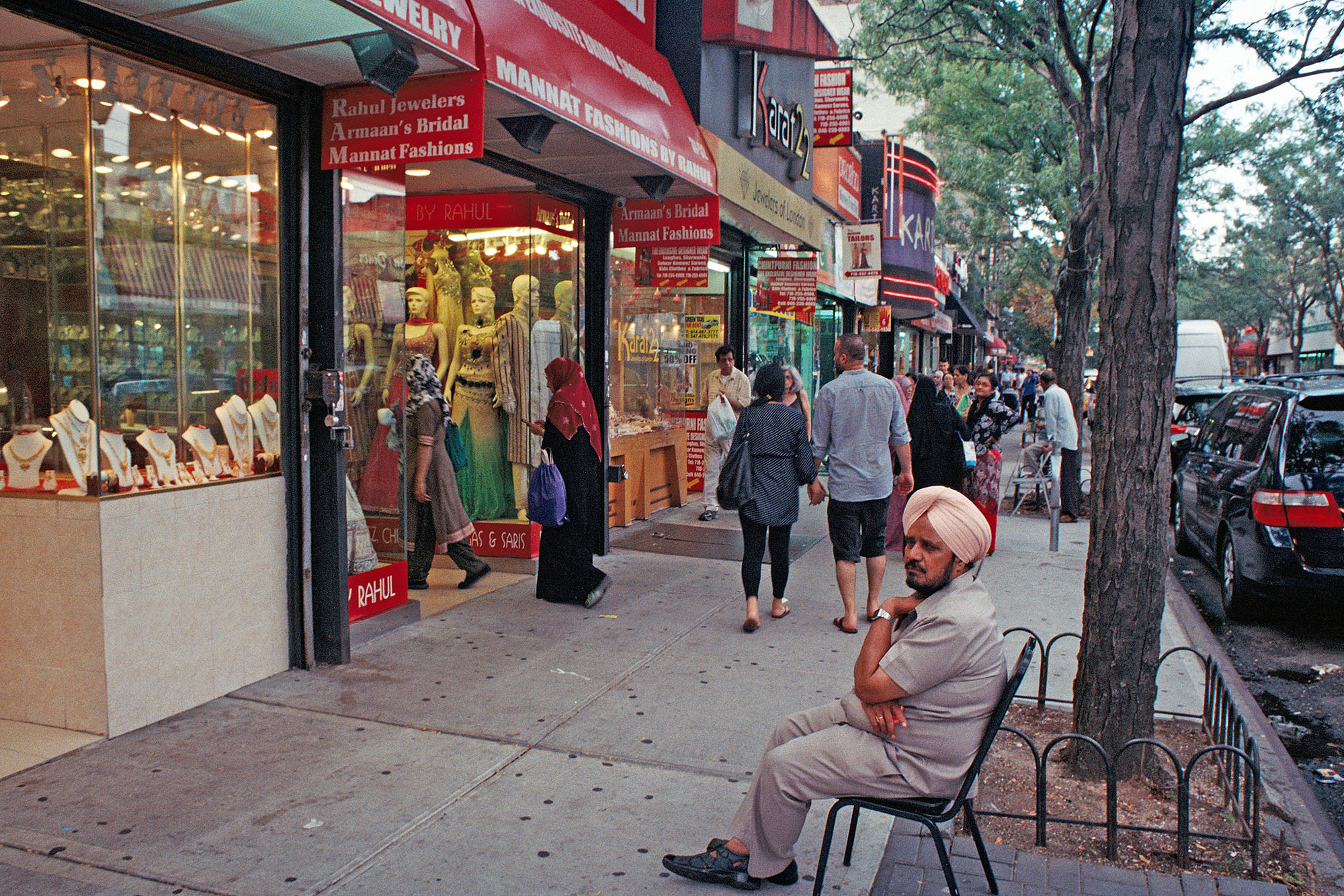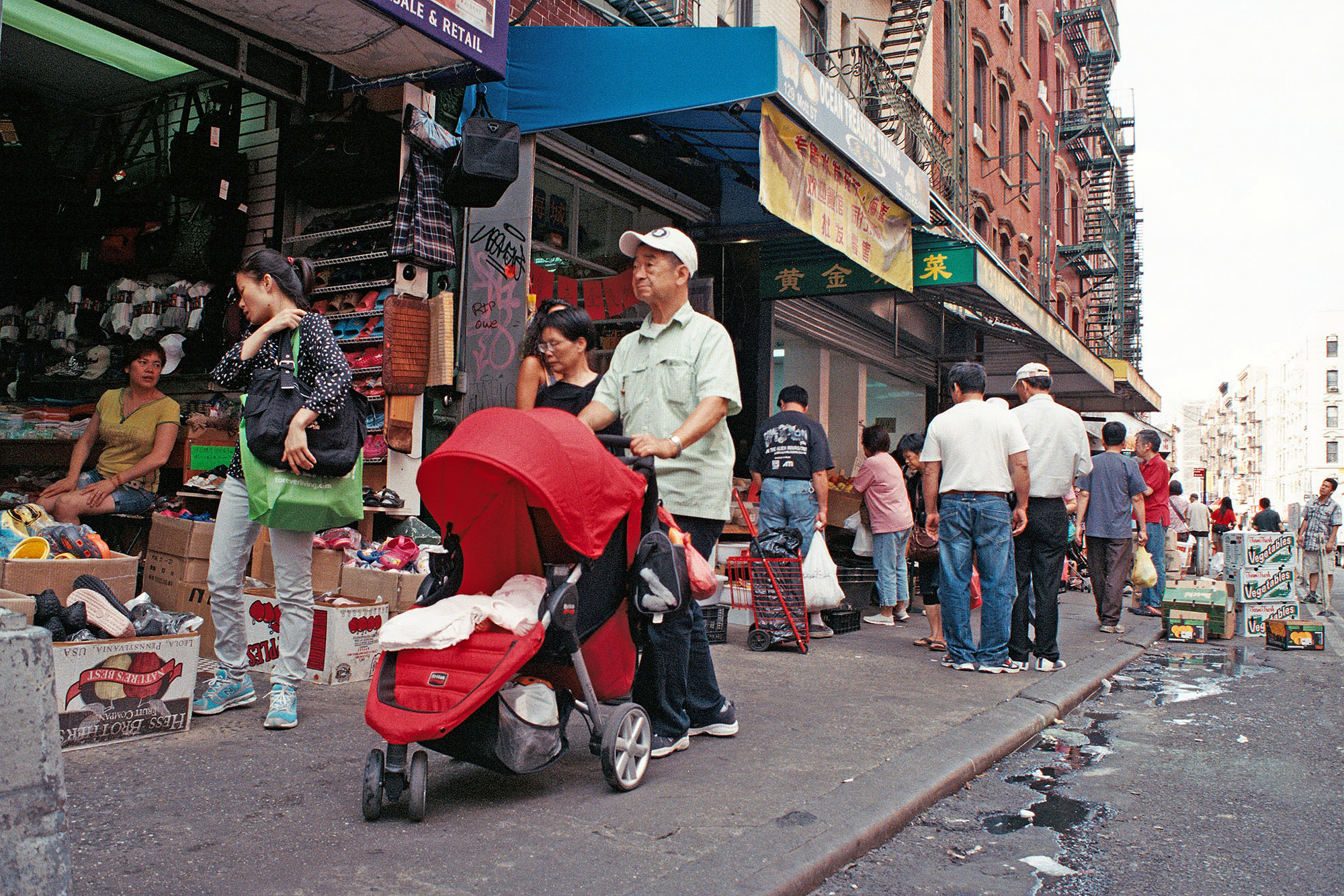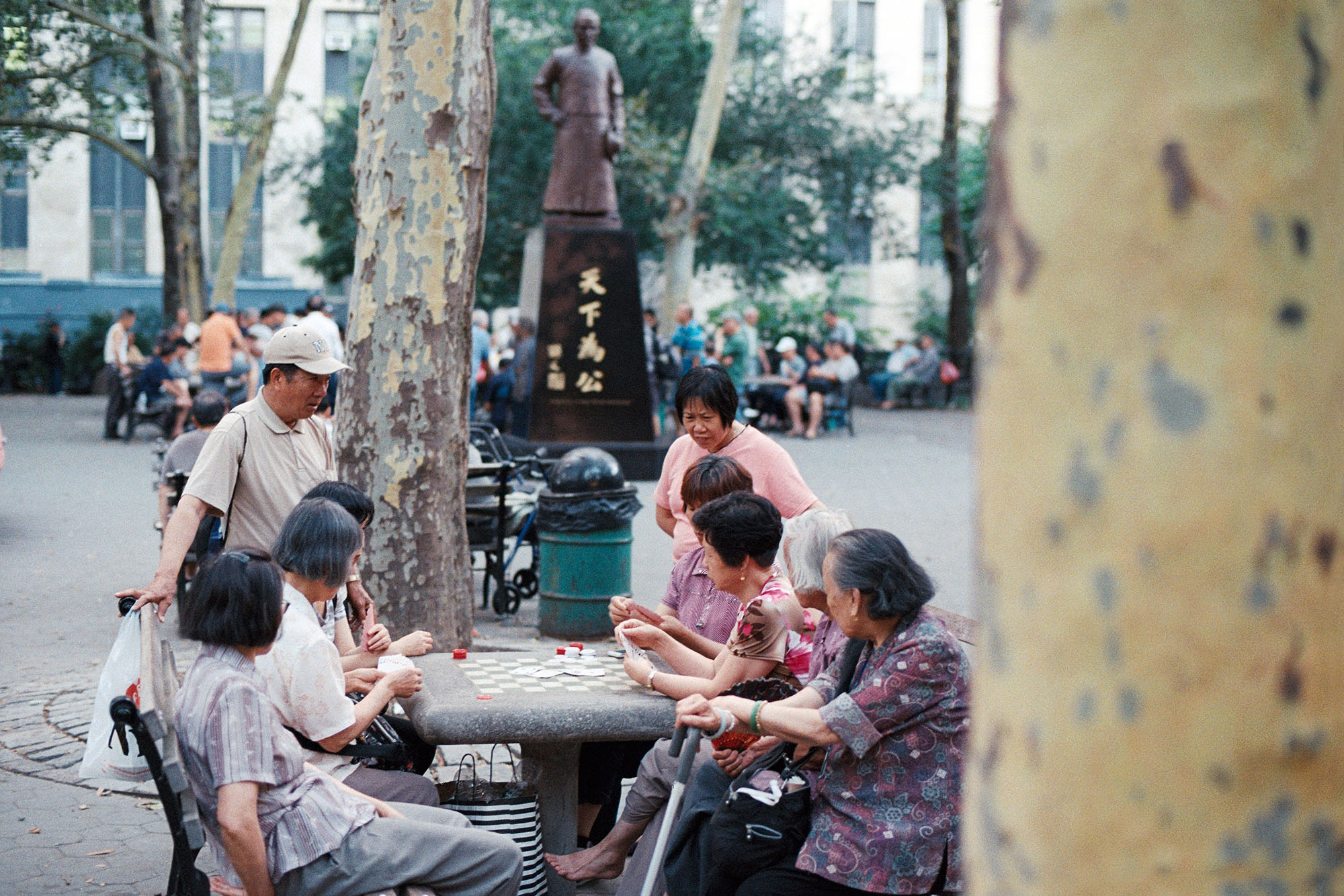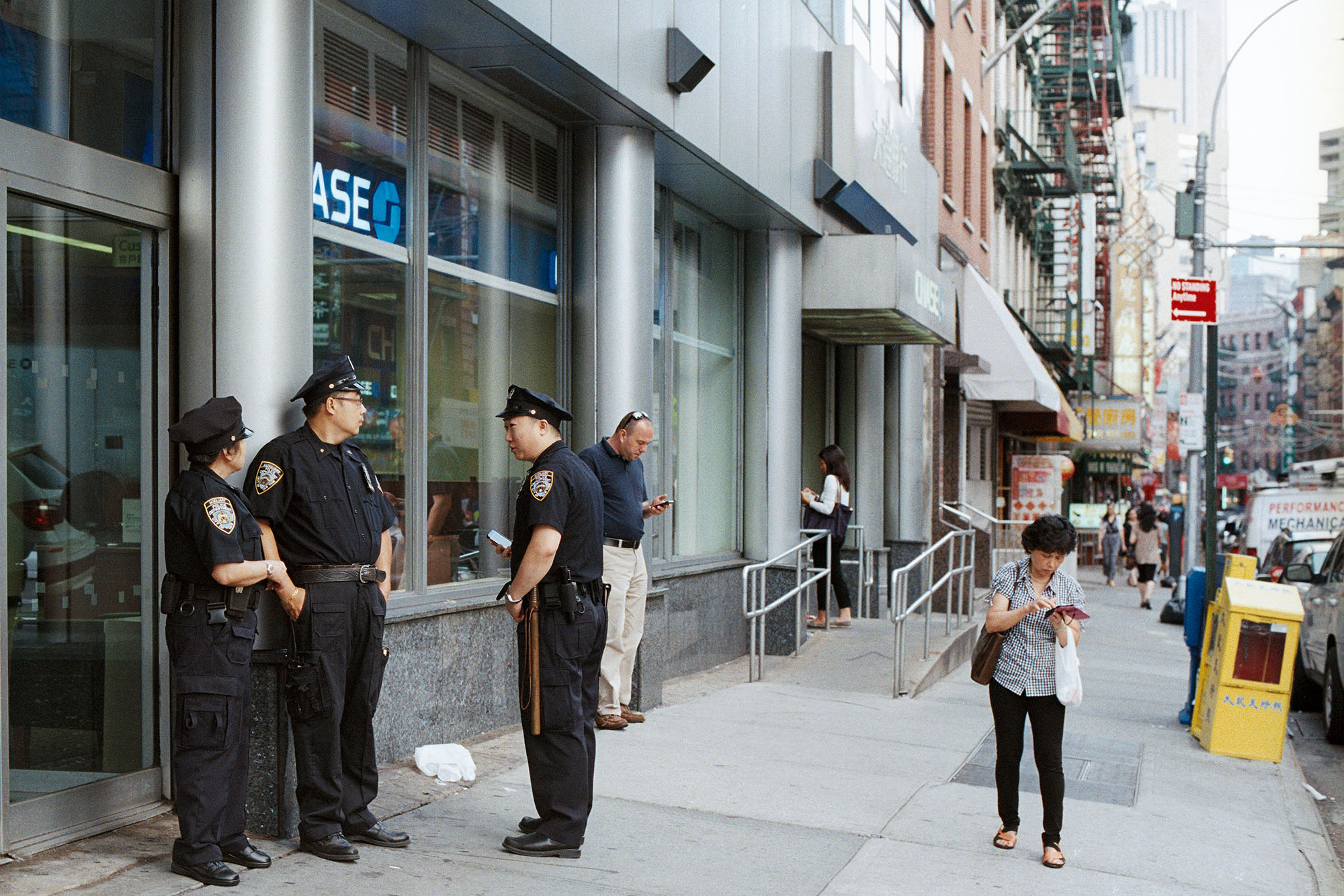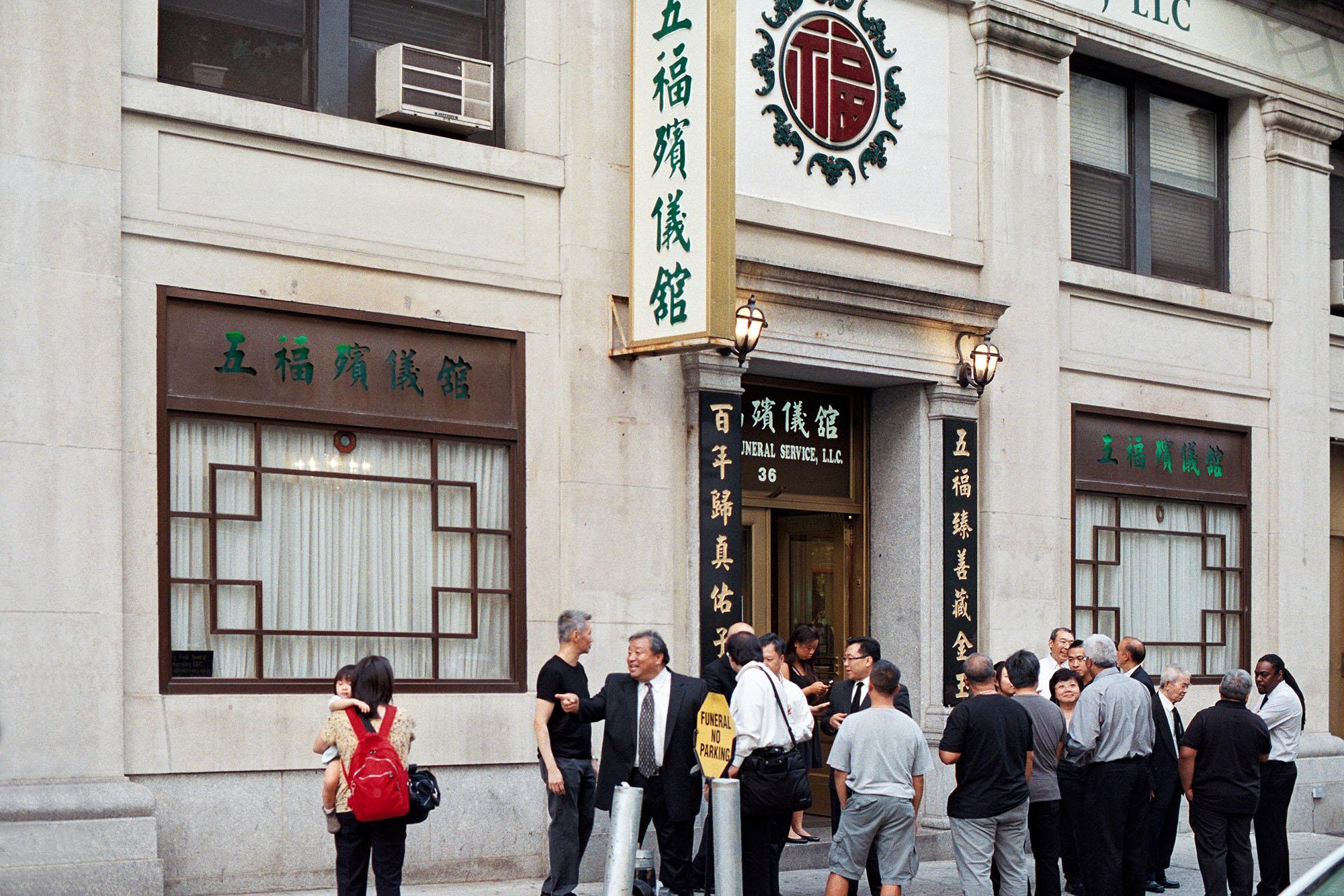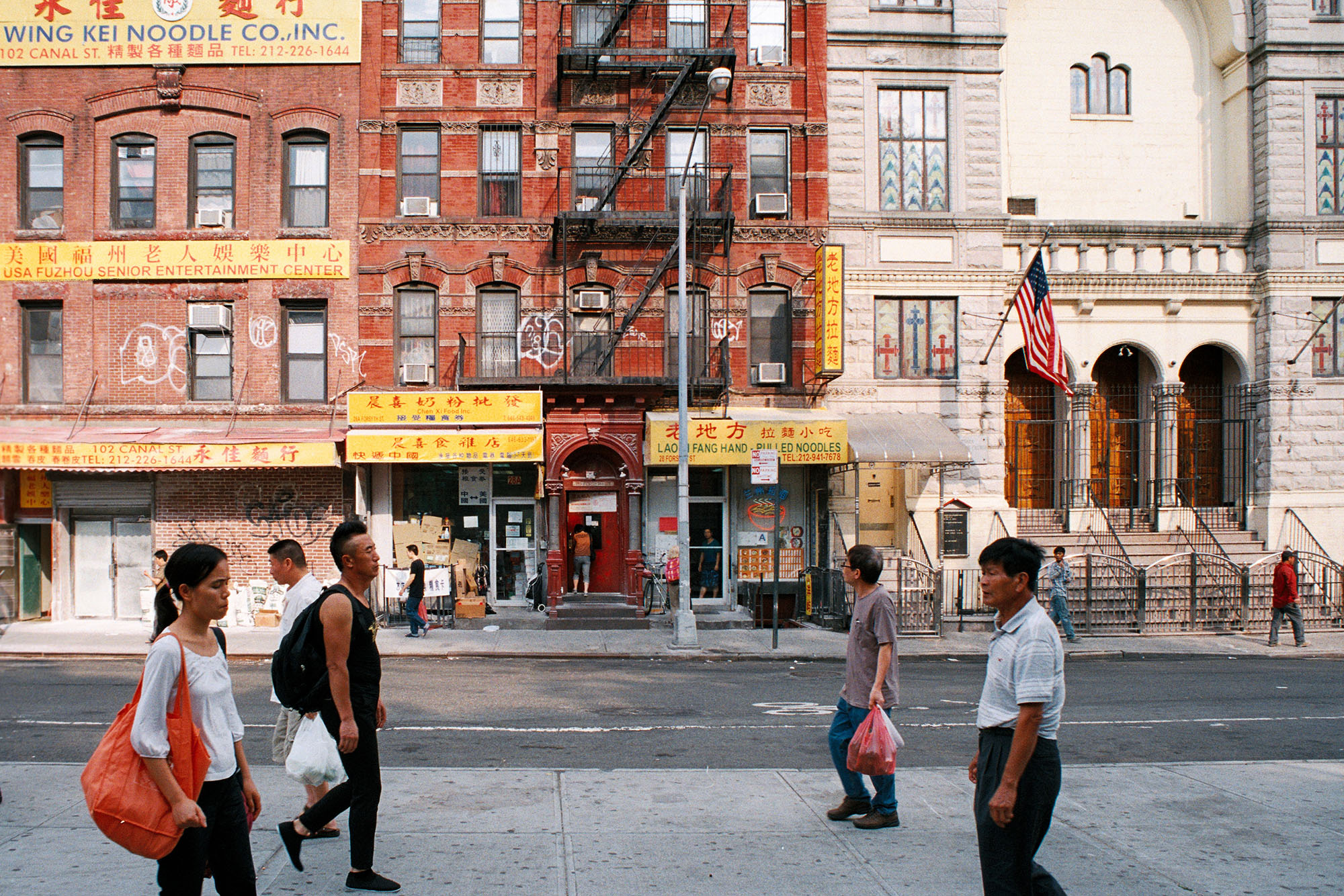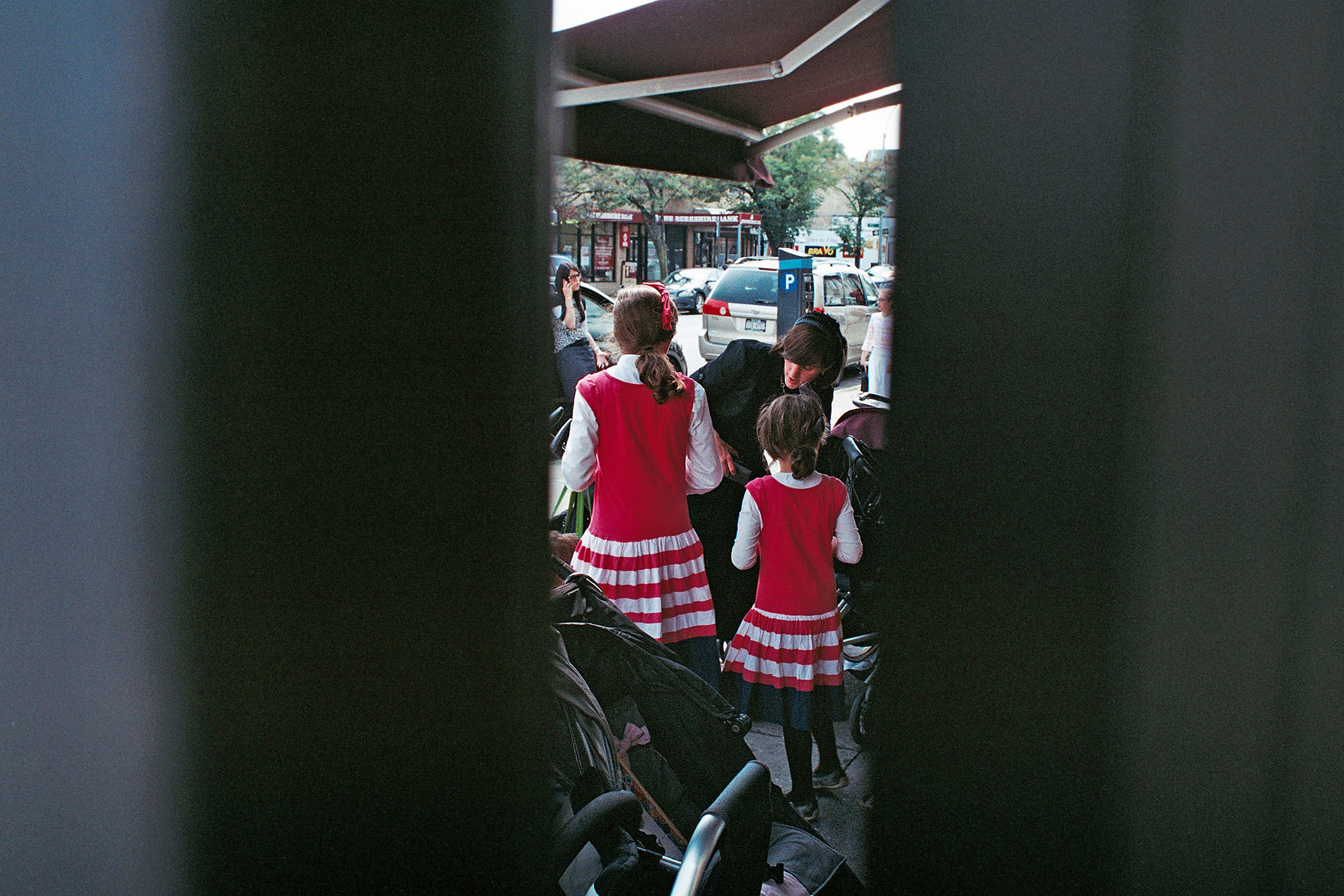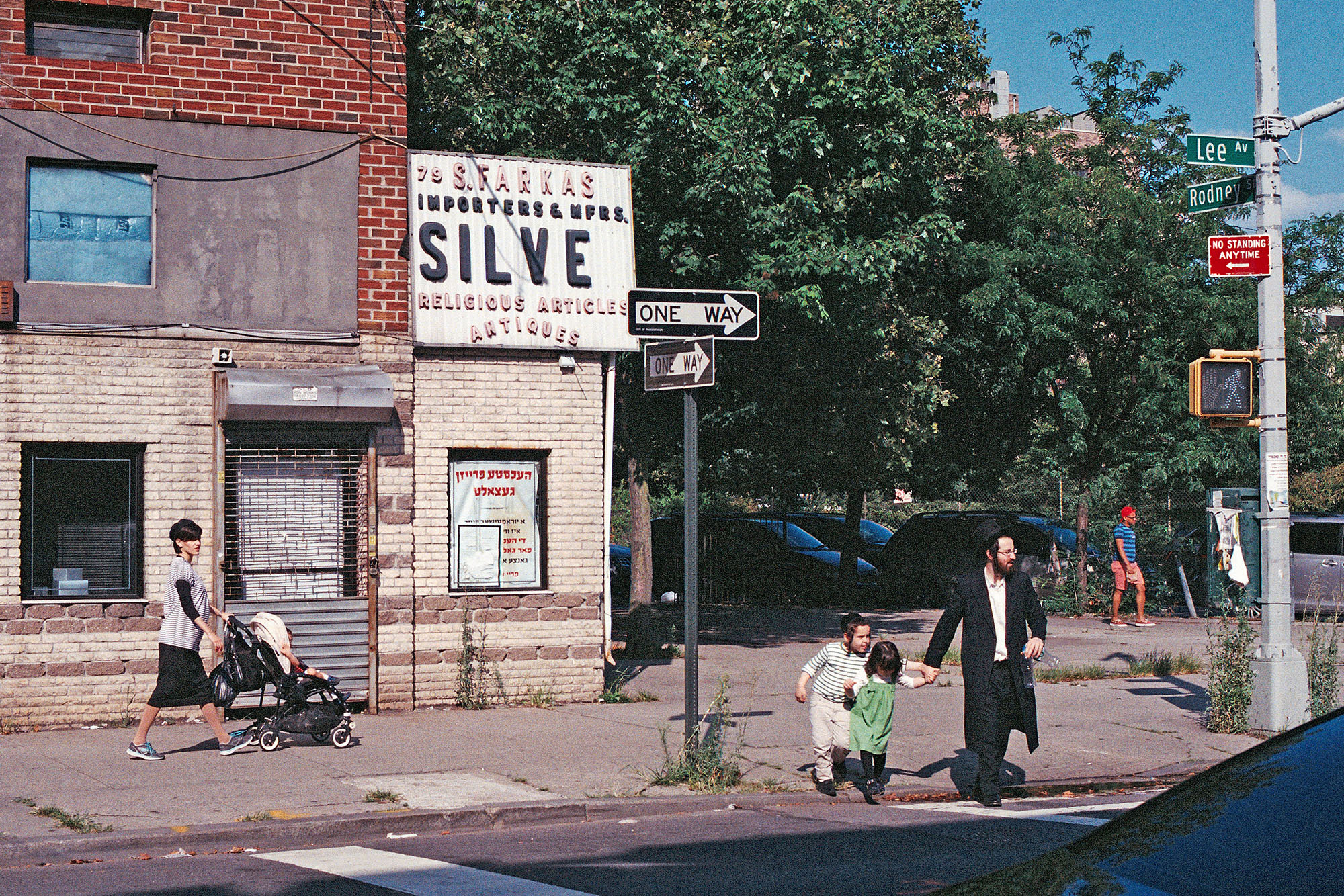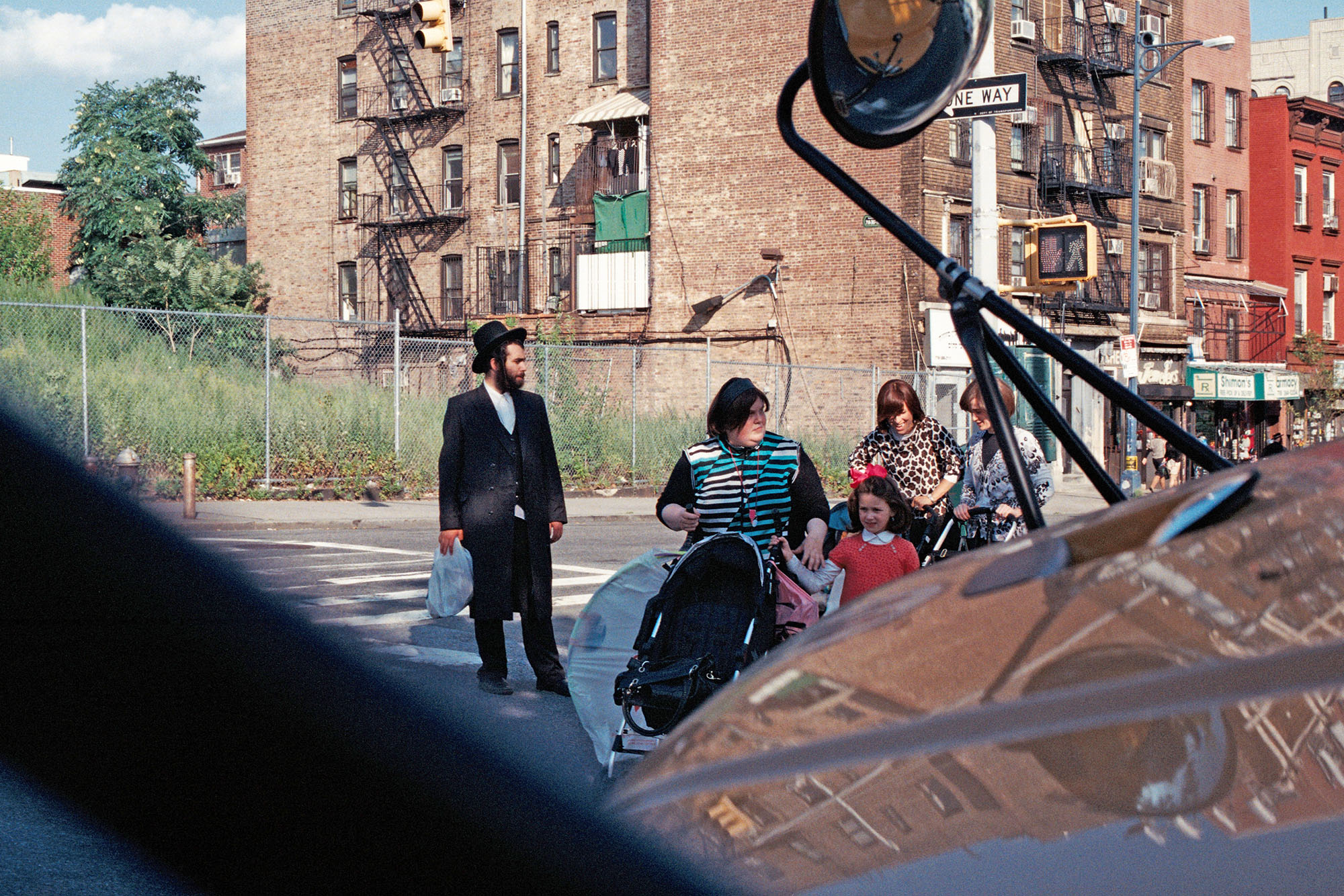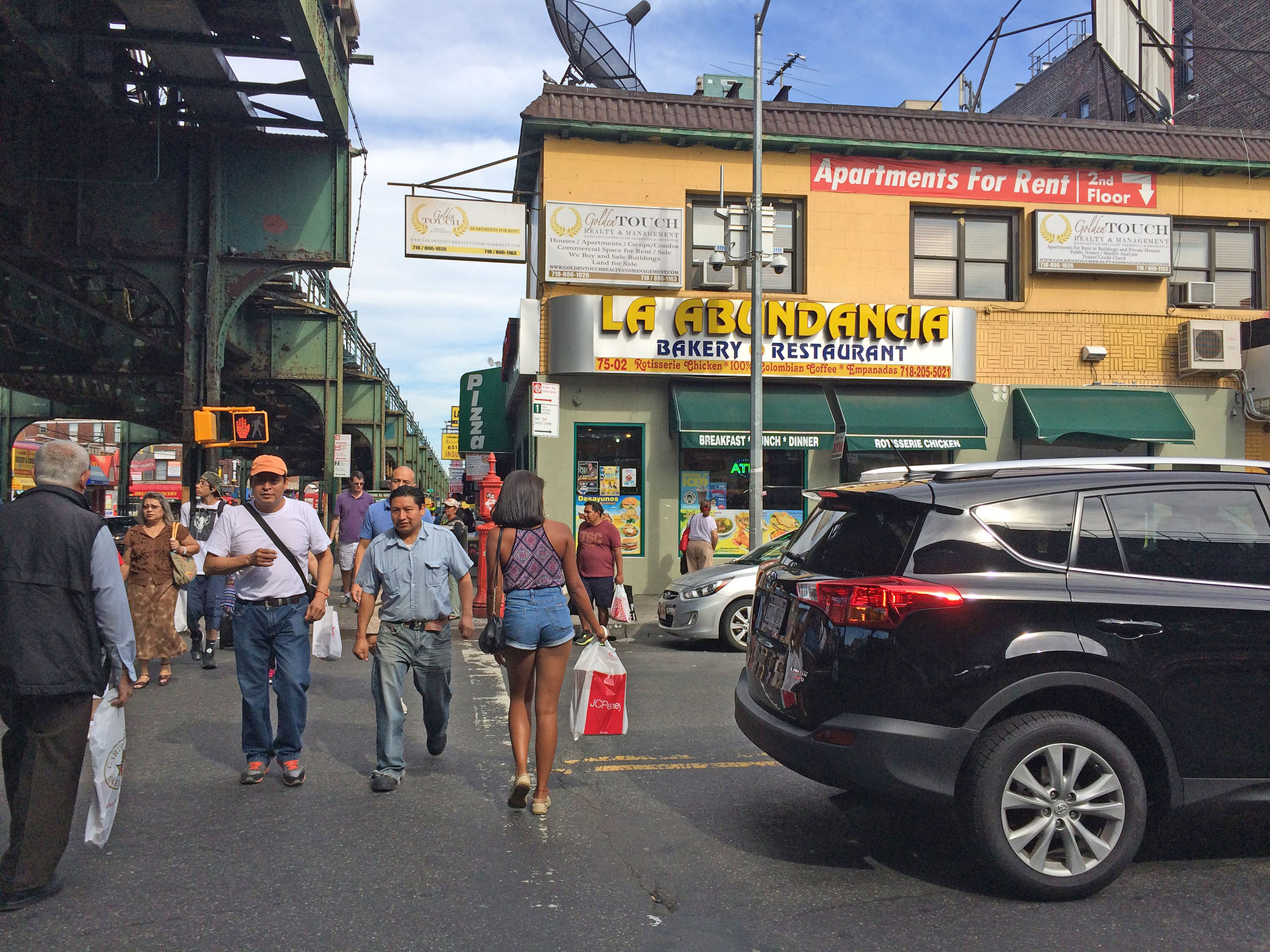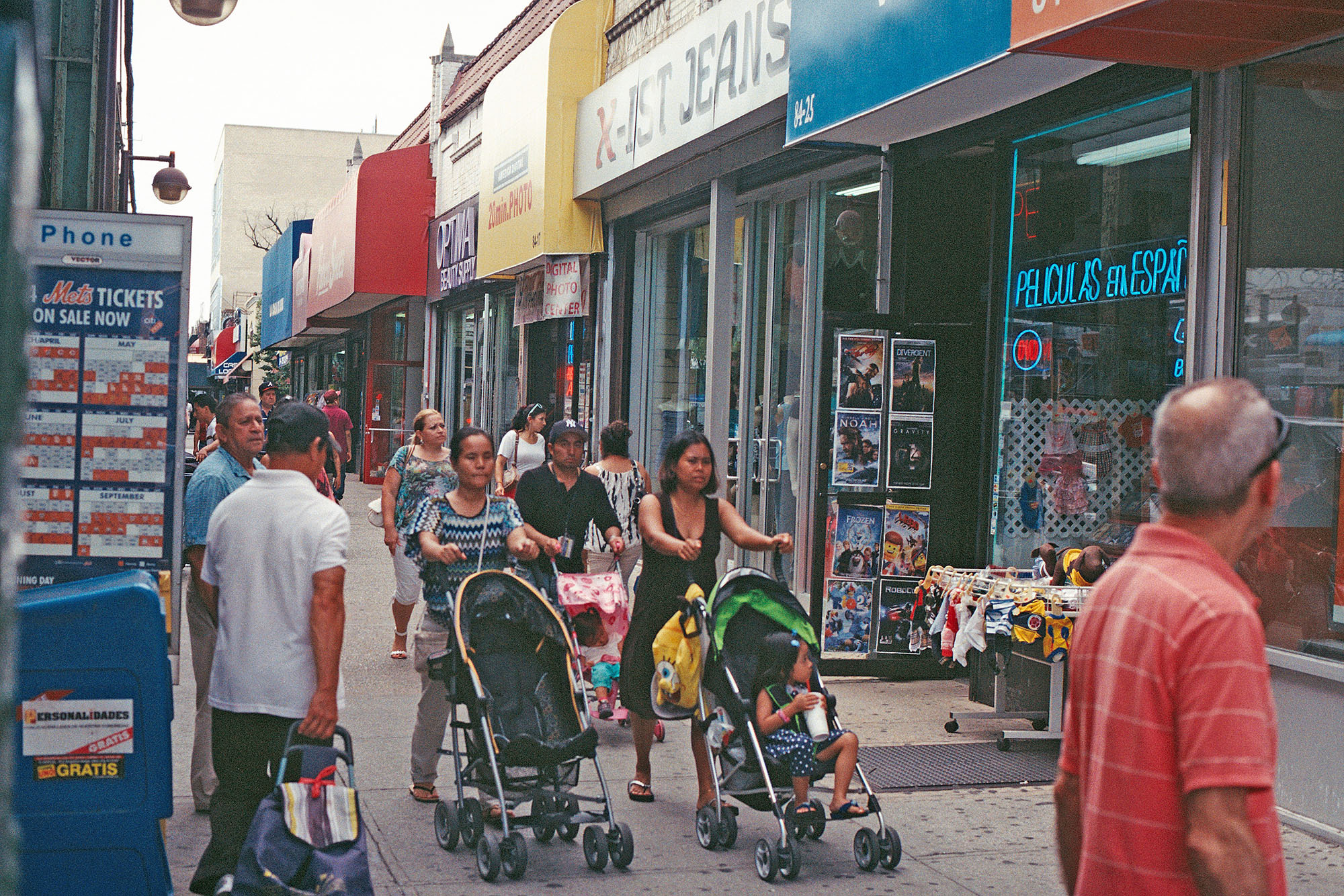In my collection of photos that I captured during my stay in New York City in 2014, I capture a colorful life in this city. I was fascinated by the merging of minorities in relatively short stretches, where you could find yourself in a different country within one street. In this document, the photographs capture the dimension of cosmopolitan life, adaptation of the minorities living in this metropolis. In this series, there are communities from the Asian continent in China Towne, Afro-American Harlem, the Bangladeshi and Latin American communities of Queens, or the Jewish community of Borough Park.
My research was influenced by the text of the French philosopher Étienne Tassin:
“In a situation where the notion of globalization is meaningless, as it is used in any context, the reflection on migrating is an interesting approach to this term because it combines the critical exploration of the cosmosism (the loss of the world as a habitation) that is globalization itself, with the analysis of the ways of being in the world , which are inherent in cosmopolitan citizenship. Akismism and cosmopolitanism are intertwined in situations of migration, exile, or community in the diaspora and combine the painful experience of homelessness and constitutive testing of a certain mode of being in the world. Migration, exile or diaspora situations that are more often than not wanted are testimony to the loss and the same test: the loss of a home, a shelter, a home in which there is a rooted existence, and where personal and social identity is confirmed; examinations resulting from the inactivity of cities, time, people, communities back with mobility, and blurring, and which is also a test of ourselves. This problem has two inseparable aspects: the loss of a home makes a “homeless” migrant, and the constant preconfiguration of its identity makes it what we might call an “unidentified being”. Horror and “threat exposure” (Jan Patočka) can be understood as what threatens the subjective identity of the beings and the political stability of the groups as well as the experience of their constant re-creation. If we incorporate the experience of absurdity and intolerance into the cosmopolitan perspective, we can find a positive way to grasp it philosophically.”
 Previous Project
Previous Project
- Categories:
- Share Project :
 Previous Project
Previous Project


